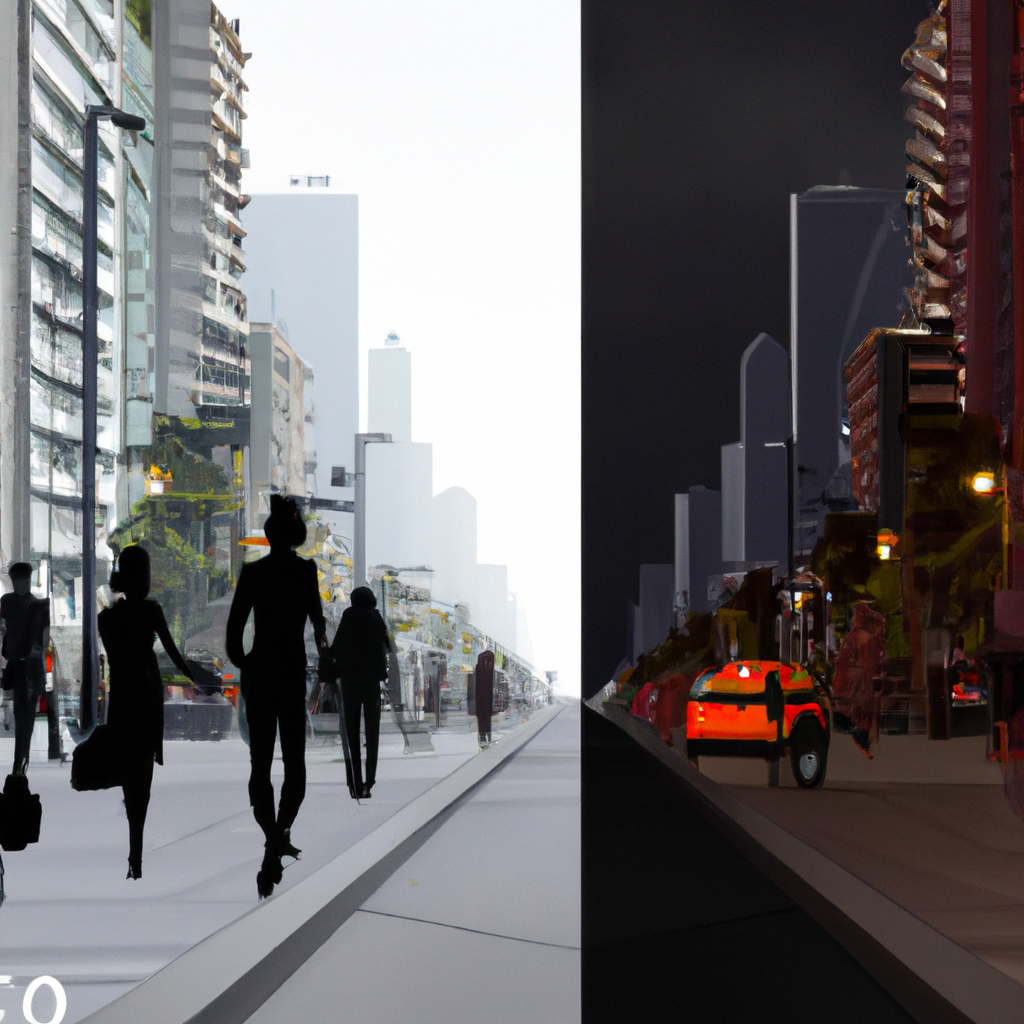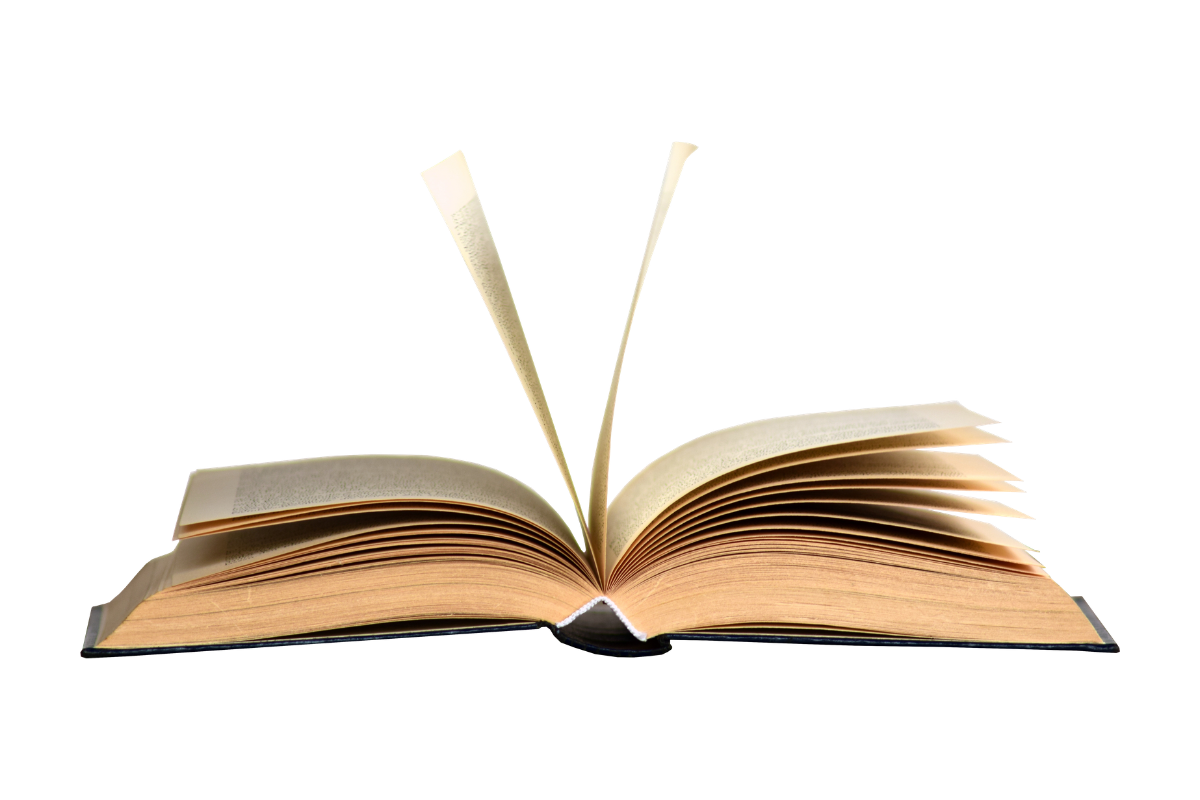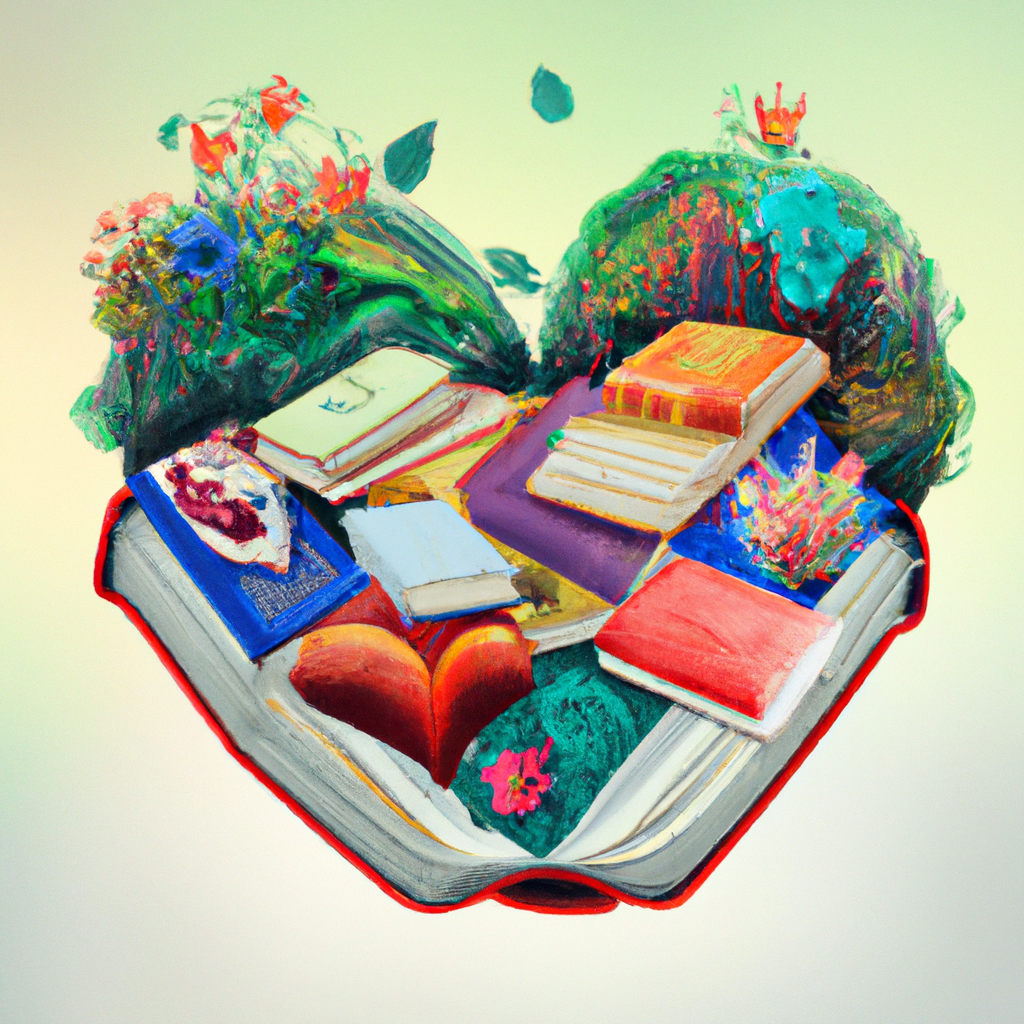
Are you a fan of dystopian literature? Chances are you’ve read or at least heard of Aldous Huxley’s classic novel ‘Brave New World.’ First published in 1932, this provocative and controversial novel paints a vivid picture of a future society where individuality and emotion are suppressed in favor of a rigid social hierarchy and a reliance on drugs to maintain stability.
But did you know that the history of ‘Brave New World’ is just as fascinating and complex as the novel itself? From Huxley’s personal experiences and philosophical beliefs to the social and political climate of the time, there are many factors that contributed to the creation of this iconic work of fiction.
In this article, we’ll take a deep dive into the history of ‘Brave New World,’ exploring the events and ideas that shaped it and analyzing why it remains relevant more than 90 years after its initial publication. So sit back, relax, and prepare to enter the world of ‘Brave New World.’
The Life and Influences of Aldous Huxley
Before we can fully understand the origins of ‘Brave New World,’ we must first take a closer look at its author, Aldous Huxley. Born in England in 1894, Huxley was a member of an illustrious literary family that included his grandfather, the biologist T.H. Huxley, and his brother, the writer Julian Huxley.
Despite his family’s expectations that he would become a scientist like his grandfather, Aldous Huxley pursued a career in writing from an early age. He published his first novel, ‘Crome Yellow,’ in 1921 and went on to write a number of acclaimed works of fiction and non-fiction over the course of his career.
But what were the influences that shaped Huxley’s writing, and how did they contribute to the creation of ‘Brave New World’? One of the most significant factors was his interest in the emerging field of psychology, particularly the work of Sigmund Freud and Carl Jung.
Huxley was fascinated by the ways in which the human mind could be influenced and controlled, and this interest is reflected in the themes of ‘Brave New World.’ In the novel, the citizens of the World State are conditioned from birth to accept their assigned roles in society and to suppress any impulses that might deviate from the norm.
Huxley’s own experiences also played a role in the creation of ‘Brave New World.’ He suffered from poor eyesight and was nearly blind by the age of 16, an experience that left him feeling isolated and disconnected from the world around him. This sense of alienation is reflected in the novel’s portrayal of a society where individuality is discouraged and conformity is the norm.
The Social and Political Climate of the 1930s
Another important factor in the creation of ‘Brave New World’ was the social and political climate of the time. The novel was published in 1932, a period of great upheaval and uncertainty in the wake of World War I and the Great Depression.
Many intellectuals and writers of the time were grappling with questions about the role of government and the nature of society itself. Huxley was no exception, and his experiences living in both Europe and the United States gave him a unique perspective on the political and cultural issues of the day.
In ‘Brave New World,’ Huxley imagined a society where individual freedom was sacrificed in the name of stability and security. This theme resonated with many readers who were living in a world where the rise of totalitarian regimes threatened to undermine the ideals of democracy and individual rights.
The Legacy of ‘Brave New World’
Despite the controversy and criticism that ‘Brave New World’ initially received, it has remained a beloved and influential work of literature over the years. Its themes of individuality, conformity, and the dangers of technology have continued to resonate with readers and have inspired countless other works of dystopian fiction.
In recent years, there has been renewed interest in ‘Brave New World’ thanks to the release of a television adaptation of the novel and the rise of new technologies that raise questions about the role of government and the nature of human identity.
As we continue to grapple with these issues, the legacy of ‘Brave New World’ remains as relevant and thought-provoking as ever. Whether you’re a longtime fan of the novel or a newcomer to its pages, there’s no denying the power and impact of this iconic work of dystopian literature.
Conclusion
In conclusion, the history of ‘Brave New World’ is a fascinating and complex one that reflects the many factors that contributed to its creation and enduring legacy. From Aldous Huxley’s personal experiences and philosophical beliefs to the social and political climate of the 1930s, there are many elements that make this novel a truly timeless work of literature.
Whether you’re reading ‘Brave New World’ for the first time or revisiting it after many years, there’s no denying the power and relevance of its themes and ideas. So why not take a journey into the world of the World State and see what revelations await?



